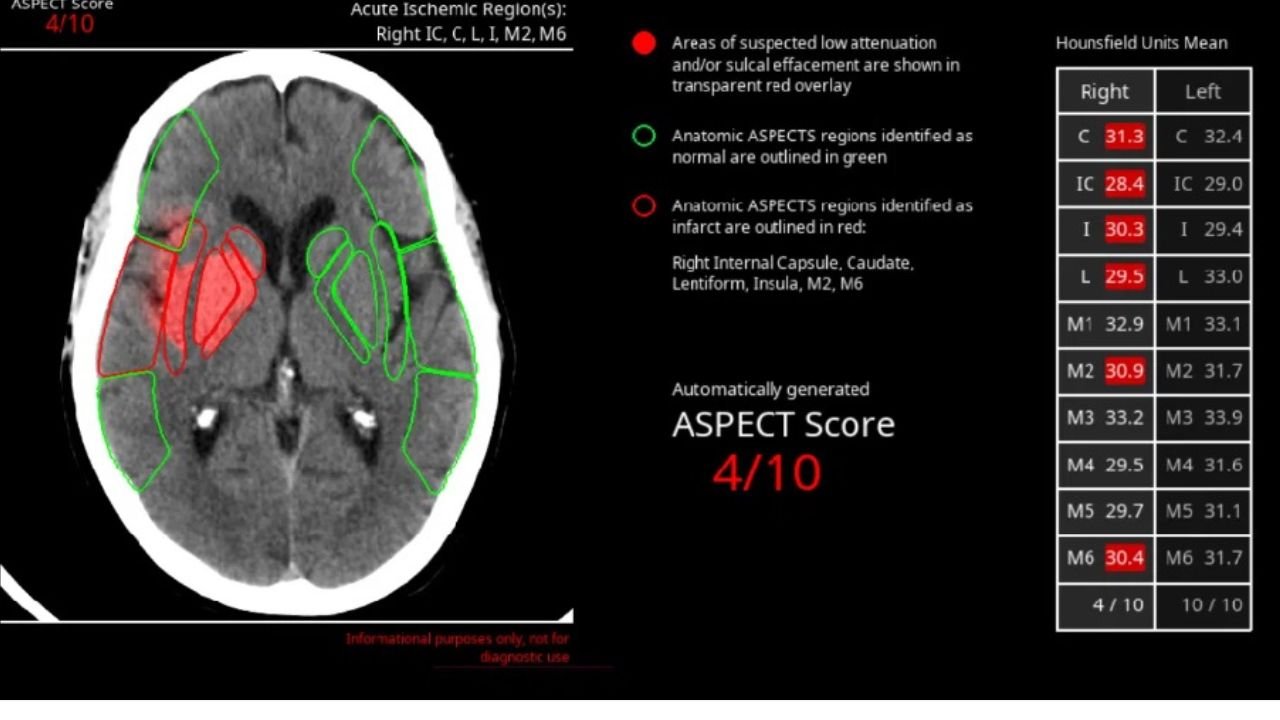Avicenna.ai, an AI radiology screening platform that helps to optimise detection of prevailing pathologies, recently announced a €7 million series A round, bringing its funding total to €10 million.
The round was co-led by two existing investors in the French startup: CEMAG Invest and Innovacom, and has been allocated to product development and scale up efforts.
Medical providers can use deep learning software to screen medical images, helping them assess disease factors as annotated by AI.
While AI can never replace human decision-making, startups have pitched deep learning assistance to ease stressors in hard-pressed fields of medicine, such as pathology or triaging.
Avicenna.AI's product uses image-trained deep learning to identify, detect and quantify "life-threatening" pathologies in radiology labs. Radiologists often perform initial imaging scans to find early indicators of disease, which can be confirmed later on. But some symptoms might indicate critical, life-threatening conditions.
The Avicenna.AI platform is trained using CT scan imagery used by radiologists to triage patients presenting symptoms, before any diagnosis has become clear. The AI software has two variants: one to identify brain trauma and risk of stroke, and the other to assess chest symptoms.
Avicenna.AI's platform is employed to classify the severity of patient ailments, helping radiologists determine whether the patient's life is at risk.
Cyril Di Grandi, Avicenna.AI CEO and co-founder, says 2022 proved to be a massive year for his business.
Deployments of its software were placed across Europe, the US and Asia.
.More than 140 hospitals in 14 countries purchased the platform, and in 2023 Avicenna intends to reach at least 30 new medical sites each month.
Grandi said: "Last year was pivotal for Avicenna.AI, with huge growth in the deployment of our solutions around the world, and very positive feedback from our partners and users alike.
"We have created the conditions to accelerate the extension of our portfolio within our emergency suite but also outside our initial scope.
"We have finally obtained the first patents that will allow us to consolidate our position as a leader in the field with a disruptive approach to the use of deep learning in therapeutic decision-making."



Would you like to write the first comment?
Login to post comments